European Commission President Ursula von der Leyen unveiled a €500 million incentive package to enhance scientific research in Europe and attract leading researchers, particularly those from the U.S.
In an effort to strengthen Europe’s standing in global scientific innovation, European Commission President Ursula von der Leyen announced a €500 million incentive package on Monday aimed at expanding scientific research and attracting top-tier researchers, especially from the United States.
Speaking in Paris alongside French President Emmanuel Macron, von der Leyen highlighted the significance of science as an investment, stating, "Science is an investment – and we need to offer the right incentives." The funding, which will span the years 2025-2027, is part of a larger strategy to position Europe as a hub for researchers.
This initiative comes in the context of growing concerns over funding and academic policies in the U.S. Von der Leyen and Macron have previously expressed their intention to invite scientists from around the world to Europe, providing an alternative destination for researchers seeking new opportunities.
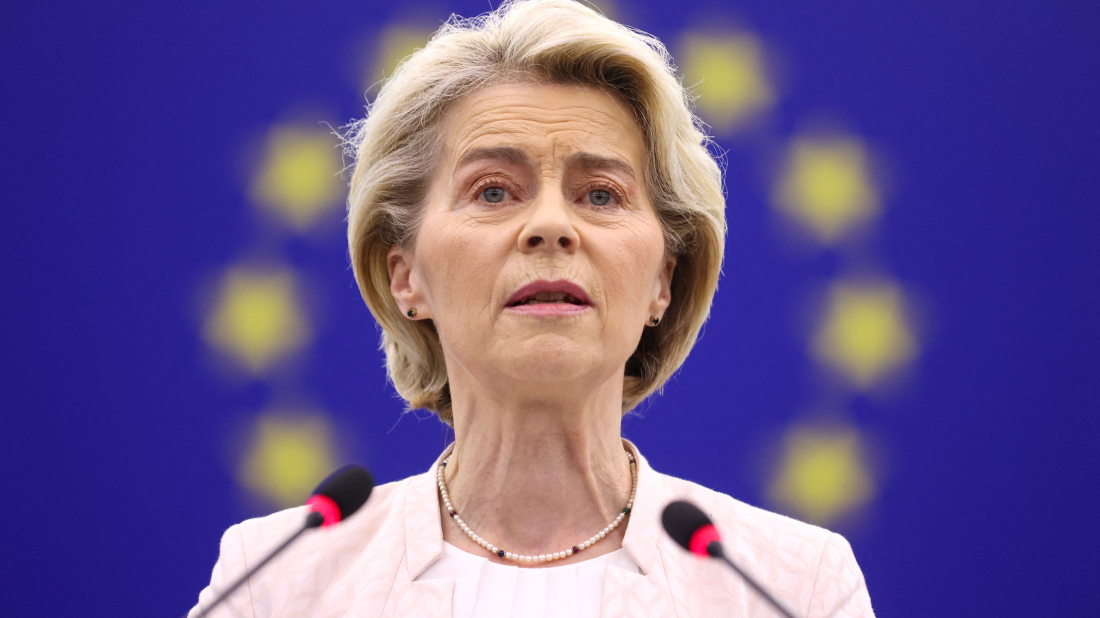



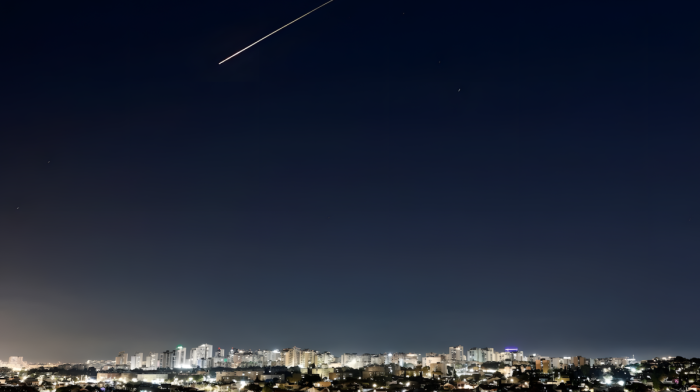
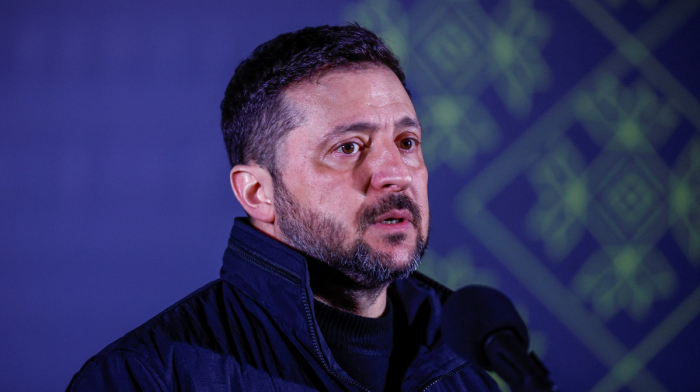



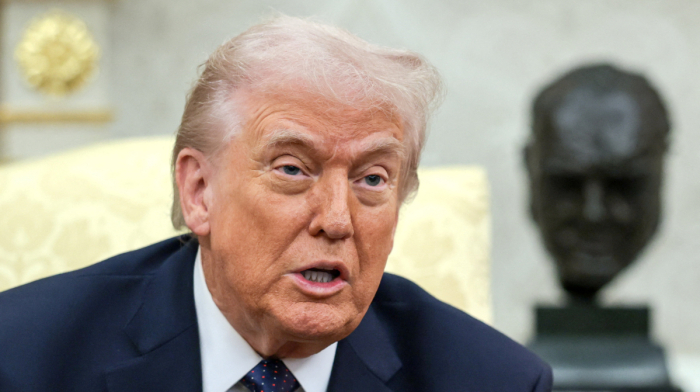
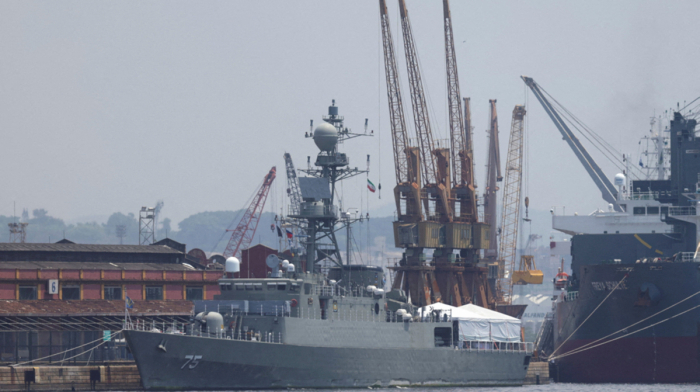
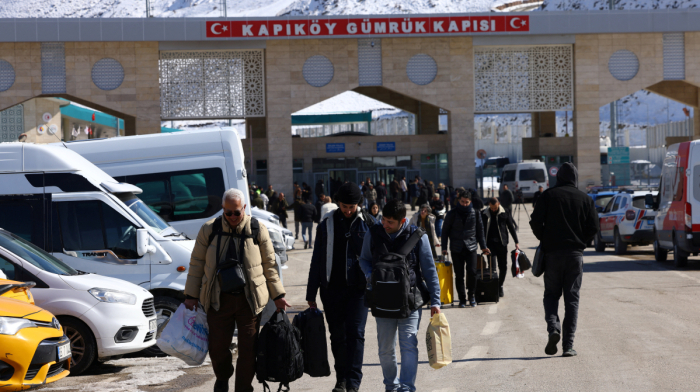
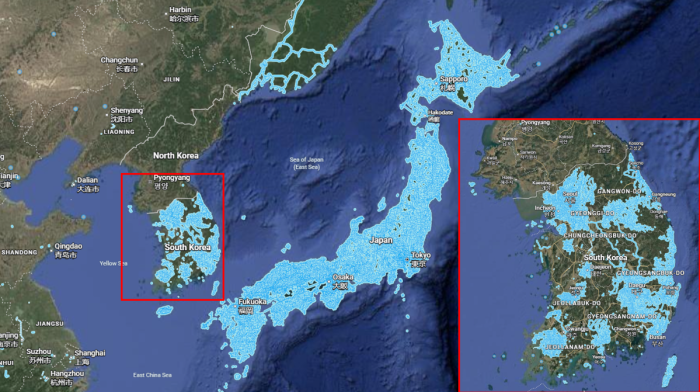
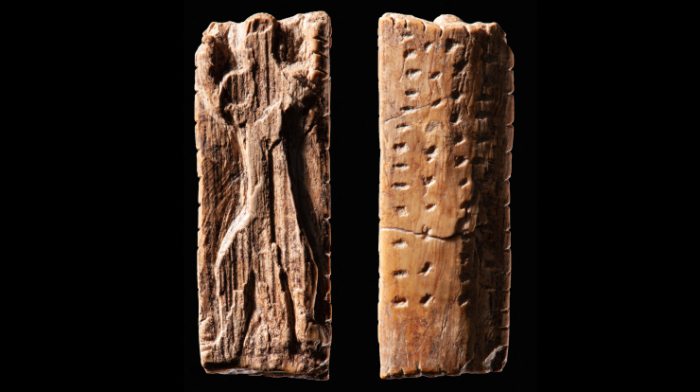
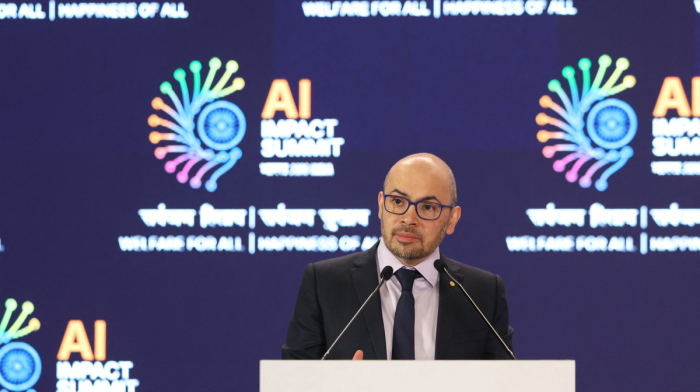
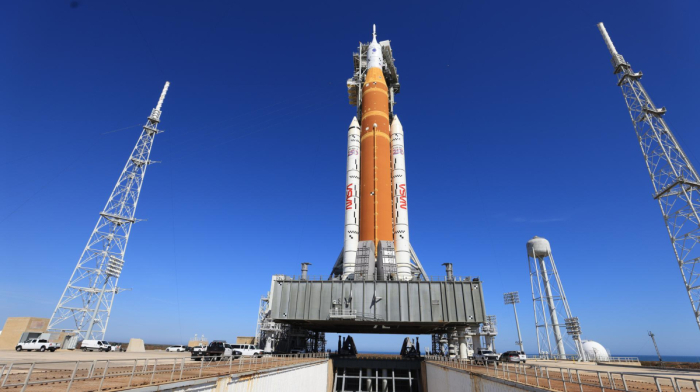
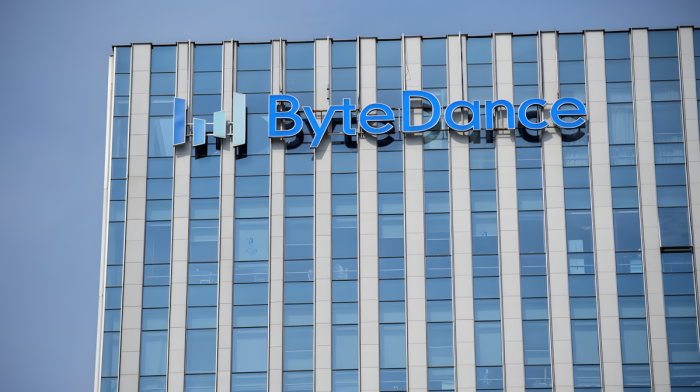



What is your opinion on this topic?
Leave the first comment